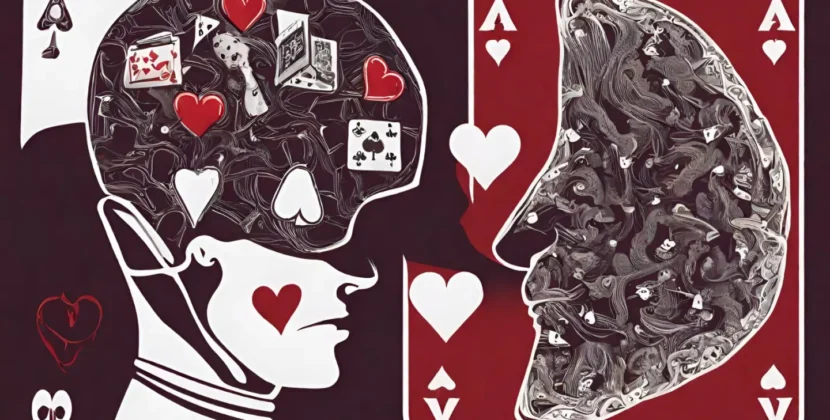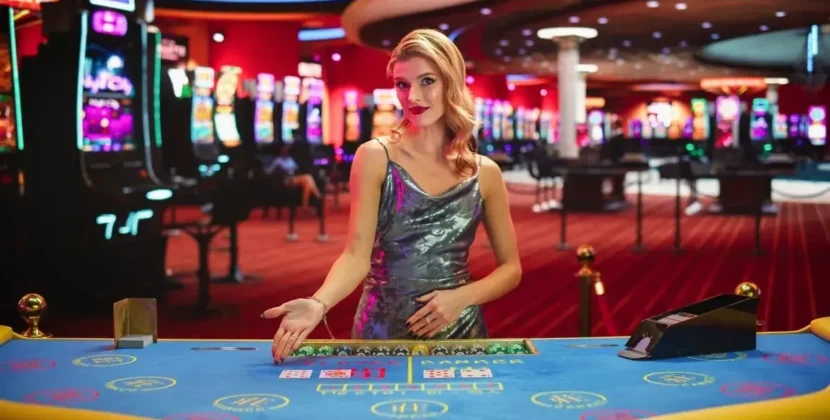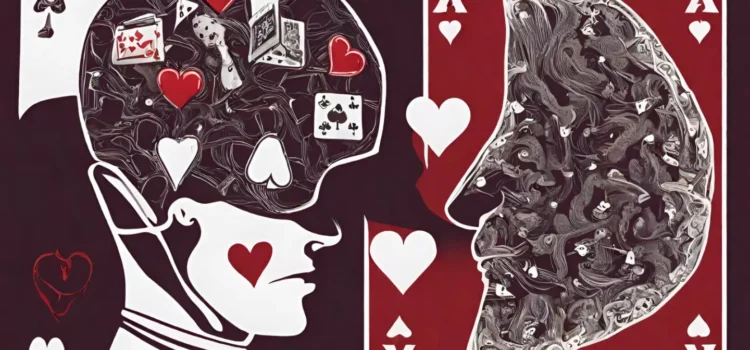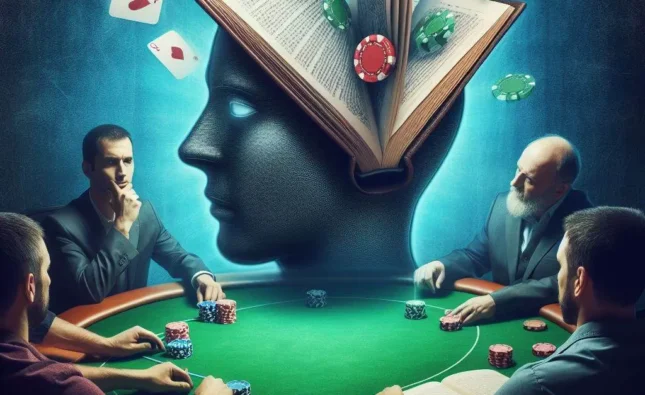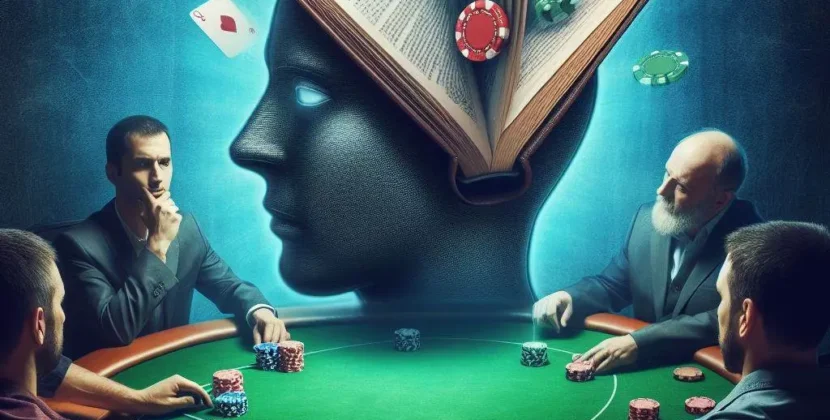
Poker is often seen as a game of skill, strategy, and, of course, luck. However, there’s another factor that separates great players from the rest: Emotional Intelligence (EI). Often hidden behind the iconic poker face, EI is the subtle art of managing and leveraging emotions—both yours and those of others. Understanding and applying emotional intelligence can give you a serious edge, whether you’re playing a casual game or stepping into a high-stakes tournament.
What is Emotional Intelligence (EI)?
Emotional Intelligence refers to the ability to recognize, understand, manage, and use emotions effectively, both in yourself and in others. High EI enhances communication, strengthens relationships, and boosts personal and professional success. For poker players, it’s not just about calculating the best odds or the perfect hand—it’s about understanding the emotional cues that influence decision-making at the table.
Let’s break down the key components of EI and how they relate to poker:
1. Self-awareness
Self-awareness is the ability to recognize and understand your own emotions, their triggers, and how they impact your behavior. In poker, self-awareness means being able to identify when your emotions might be affecting your decisions—such as anxiety when you’re low on chips or overconfidence after a big win. The more in tune you are with your emotional state, the better you can control your reactions and make rational decisions.
2. Self-regulation
Self-regulation involves managing your emotions in a healthy and constructive way. Poker players with good self-regulation avoid impulsive actions like “tilting” (letting frustration or anger affect gameplay) and can maintain their composure even under pressure. This emotional discipline helps you to avoid making rash bets or calls based on emotional reactions, which could lead to costly mistakes.
3. Empathy
Empathy is the ability to understand and share the feelings of others. At the poker table, being empathetic means reading the emotions of your opponents by observing their facial expressions, body language, and verbal cues. You can gain valuable insights into how they’re feeling, whether they’re confident, nervous, or bluffing, which allows you to adjust your strategy accordingly.
4. Motivation
Intrinsic motivation refers to the inner drive to achieve your goals, even in the face of challenges or setbacks. In poker, motivated players are more likely to stay focused, push through bad beats, and maintain a long-term perspective. They play not just to win but to improve their skills and enjoy the game, which helps them persevere through difficult moments.
5. Social skills
Social skills include the ability to communicate effectively and build relationships with others. Poker is as much a social game as it is a competitive one, and developing strong social skills can help you build rapport with fellow players. Whether it’s engaging in casual conversation or using psychological strategies, good social skills enable you to navigate interactions and gain an edge by influencing the behavior of others.
Emotional Intelligence at the Poker Table
Reading Opponents
The best poker players have an almost supernatural ability to read their opponents. This skill comes from keen observation and understanding of emotional cues—small facial expressions, body language, and even the way cards are handled can reveal a wealth of information. By recognizing these emotional signals, you can gauge whether an opponent is bluffing, unsure of their hand, or feeling confident.
Mastering Your Own Emotions
Poker is a game of mental discipline, and mastering your own emotions is essential. For instance, if you’re dealt a fantastic hand, your excitement might give you away to observant players. Conversely, if you’re losing, frustration can lead to poor decisions. Maintaining emotional control allows you to stay calm, composed, and unpredictable to your opponents, protecting your strategies and keeping them guessing.
Building Relationships
Poker is often seen as a cutthroat game, but building relationships can also play a crucial role. Emotional Intelligence helps you foster camaraderie and trust with other players, creating an environment where social interactions may influence the game. For example, players who trust you may be less likely to target you with aggressive bets, or they may share subtle clues about their hands through their behavior.
Emotional Intelligence vs. Mathematical Skill
Poker is undeniably a game of odds, but it’s not all about the math. A player might be able to calculate probabilities and expected values perfectly, but without EI, they can still lose. Emotional Intelligence allows players to navigate the psychological aspect of the game:
- Playing the Player: Understanding the emotions and behavior of your opponents often matters more than understanding the cards. By observing their body language and emotional cues, you can make more informed decisions than by relying solely on hand strength and probabilities.
- Trusting Your Gut: Emotional Intelligence is often linked to intuition. A “gut feeling” isn’t just a random guess—it’s your subconscious mind processing emotional and behavioral cues from your opponents. High EI allows you to trust that intuition, especially when logic alone doesn’t provide a clear answer.
- Psychological Warfare: Poker is not just about having the best cards, but also about outwitting your opponents. Using subtle psychological tactics, such as bluffing or manipulating your opponents’ emotional responses, can be incredibly effective in gaining an advantage.
Conclusion: The Power of Emotional Intelligence in Poker
Poker isn’t just a game of chance or statistics; it’s a complex psychological battle where Emotional Intelligence plays a pivotal role. High EI helps you read your opponents, manage your own emotions, build relationships, and make decisions that go beyond simple mathematical analysis. While knowing the odds and strategy is crucial, it’s understanding and managing the emotions at the table that often determines the true winner.
So, the next time you sit down at a poker table, remember that Emotional Intelligence is just as important as any poker strategy or hand you’ll play. With practice, you can sharpen your EI and elevate your game to the next level. Shuffle up and deal—let the emotional intelligence game begin!
